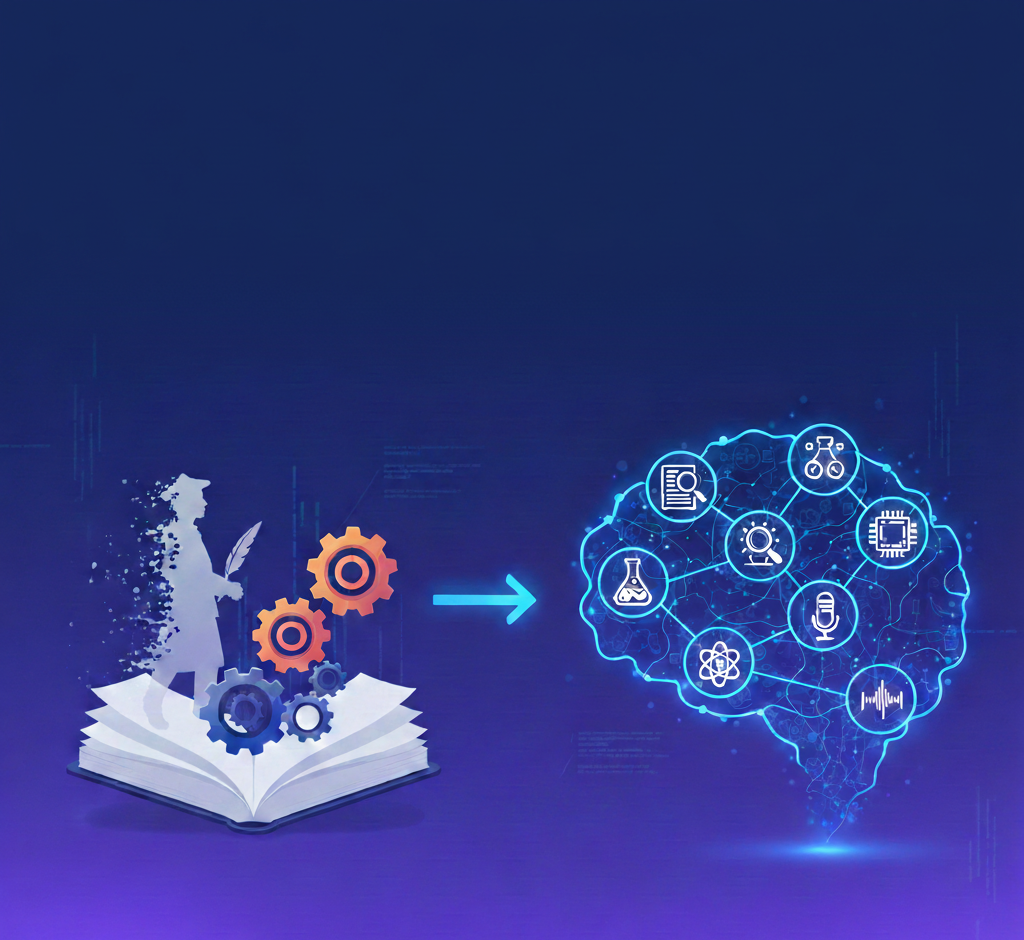16 years devoting my life to building Bureau Works.
Epochs of gold, dire times, and everything in between. One concept stands out to me: my worst moments as a business leader coincide with the moments in which I was more attached to fancy business constructs. My best performance also correlates with moments in which I was more attached to a simpler, rawer version of reality.Let me illustrate.
- I heard from billionaires that you need to subsidize growth by cutting on profits. That may be true, but in my hands, such a statement becomes an excuse for sacrificing the bottom line and explaining away inefficiencies. I can see now that I can grow at a healthy pace and maintain a profitable bottom line. In fact, I would argue that keeping a healthy bottom line is a precursor for real growth. For many, profit is something that you can just switch on once you've achieved a certain scale. But for me, profit is a business imperative. It's the ultimate thermometer for business health. As much as I would often like to do deny it. And here is the lesson: If unchecked, I use theory to cover up for my own weaknesses and limitations instead of using.
- I heard from industry peers that a certain percentage of gross profitability was the norm. I simply accepted that. Years later when I began to challenge that notion of a "norm" we were able to dramatically improve that standard with a little bit of creativity and hard work.
- I heard from recruiters that I had to hire based on past experience. It took me several hiring mistakes to understand that hiring was about cultural fit and not about what I thought we could extract from someone based on past experience.
These are a few examples. I can expand on the list. But this is the picture: theory doesn't always apply to us. Lots of it can be useful given the right context. But having a real feel for the context is in my opinion much more important.In my experience, the more theories I have in my mind, the less capable I am of reading a less filtered version of reality. If I forget for a second what a CEO or a Head of such and such should do in theory and focus on what needs to get done, chances are that I'll tune into what really is a priority for our organization as opposed to what gets tossed around as theory.I don't want to be prescriptive here. That's the whole point of what I am trying to say. What works for me, won't necessarily work for you.
What worked for me yesterday, won't necessarily work tomorrow. Context changes everything and context is always changing.When I forget dreams of grandeur, stories I have heard or read of others, and focus more on my own reality, challenges and opportunities, things change quickly. It's a lot less glamorous to talk to someone who is set on leaving to stay than bringing in a new multi-million account.
But the satisfaction of bringing in a new account is ephemeral like drinking champagne. Having meaningful conversations with those around me is analogous to taking care of the bones in my body. It's structural, builds a legacy, and goes unnoticed mostly until those bones that hold me together begin to falter.I have talked to captains of many industries over the years and heard insightful, possibly life-altering remarks. But those brilliant thoughts don't mean much by themselves. What matters most to me is the process that leads to those conclusions.
That's where I see wealth. It's the real learning that doesn't come from any textbook, any coach, or hack. It's about being a little bit better tomorrow than I was today. It's about a relentless devotion towards learning and creating deep roots in values that resound well with my conscience and that shape an organization that I can be proud of.I know I said it's about not compromising ever on the bottom line but it's also about understanding that a healthy bottom line is a natural consequence of an organization that is firmly grounded on having people that actually show up with the intent to accomplish things together as opposed to zombies that show up to work with their brains and bodies but leave their soul in some kind of metaphysical coat-check before they sit in front of their machines.I am surrounded by people who I admire. Each in their own unique way.
I look around and am inspired to do better, to be better, to find solutions to ensure that each and everyone is able to fulfill their personal dreams through their careers as their careers drive the company into a better place every single day.It's about the blood, the sweat, and the tears. It's about the intention and the cooperation. It's about the fundamental belief that a collection of individuals who share a common set of values and principles can overcome the toughest of obstacles and savor a type of joy that goes way beyond compensation or titles.
Unlock the power of glocalization with our Translation Management System.
Unlock the power of
with our Translation Management System.



























